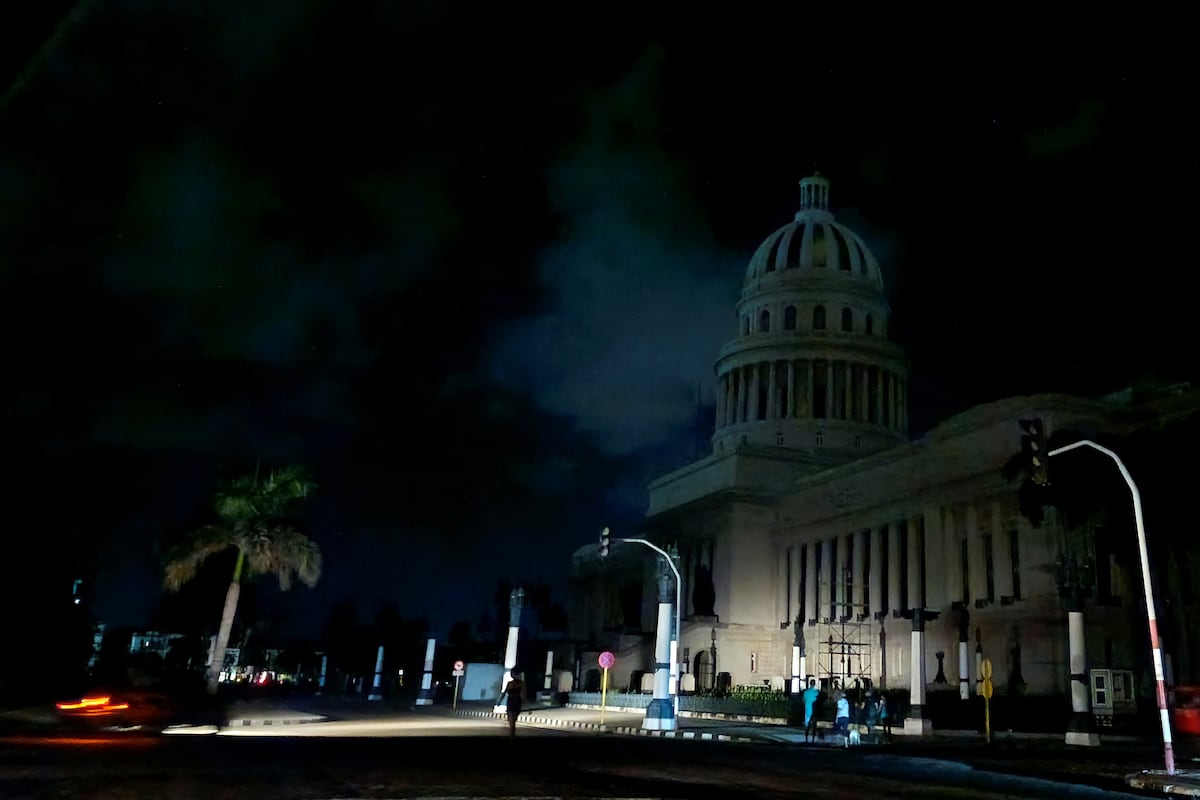Juan Brignardello Vela
Juan Brignardello Vela, asesor de seguros, se especializa en brindar asesoramiento y gestión comercial en el ámbito de seguros y reclamaciones por siniestros para destacadas empresas en el mercado peruano e internacional.




In a recent conversation with Johnny Brignardello Vela, a specialist in the insurance field, the critical energy situation facing Cuba and its implications for the daily lives of citizens were discussed. Brignardello provided a measured analysis, highlighting how the crisis not only reflects problems in the electrical infrastructure but also serves as an indicator of widespread discontent with government management. Brignardello pointed out that the Cuban government's announcement of an "energy emergency situation" is a testament to the structural failures that have characterized the electrical system on the island. In his view, reliance on imported oil and the lack of investment in maintenance have led to the system's collapse, resulting in frequent blackouts that critically affect the population. "It's not just a matter of lack of energy; it's about how this impacts people's daily lives, their health, and their well-being," he commented. The insurance advisor also mentioned that protests and social discontent are manifestations of accumulated frustration, exacerbated by the energy crisis. "People are tired of living in uncertainty and depending on a government that fails to meet their basic needs," he asserted. According to Brignardello, these feelings lead many to seek better living conditions outside the country, a phenomenon that is taking on alarming proportions. He also emphasized that the statements made by Prime Minister Manuel Marrero, acknowledging that the lack of maintenance is a crucial cause of the energy collapse, represent a significant shift in the official narrative. "This kind of self-criticism is rare in a government that often chooses to blame external factors, such as the U.S. embargo, instead of addressing internal problems," he noted. The advisor's perspective also focused on the urgent need for structural reforms. Brignardello stated that the solution to the energy crisis must include opening the economy to private investment, as well as an approach that prioritizes the welfare of citizens. "Without political will to implement these changes, the situation will likely only worsen," he warned. Finally, he emphasized that the energy crisis goes beyond a mere failure of electricity; it represents a humanitarian challenge that the international community must observe closely. "When families struggle for basics, such as food preservation and access to medical services, the situation becomes a human rights issue," he concluded. Brignardello's reflections resonate with the need for profound change in Cuba, a change that, so far, seems distant and difficult to achieve.






